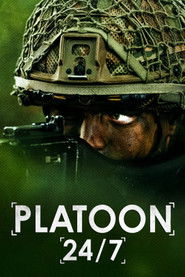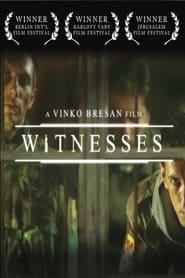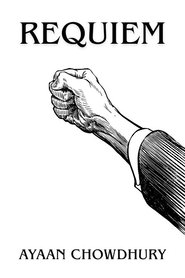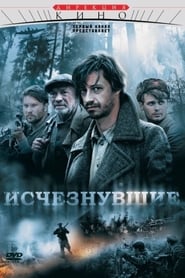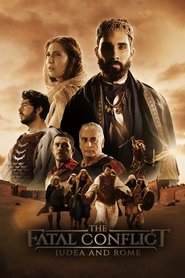War Politics TV Series - Page 103
-
Finisterra
2025
Finisterra
2025
-
I'm Hero
2015
I'm Hero
2015
-
Platoon 24/7
2026
Platoon 24/7
2026
We follow six gruelling months as a platoon prepares for possible frontline deployment. -
Variant 'Omega'
1975
-
2i.37
2024
2i.37
2024
-
Witnesses
0000
Witnesses
0000
The extended version of the eponymous film served as a TV mini-series. The plot is centered in the city of Karlovac in 1992, during the Croatian War of Independence. The front lines, where Croatian and Serbian forces fight each other, lie near the city. Meanwhile, in the city of Karlovac, a Serbian civilian Vasić is murdered. The story follows the local police officer Barbir (Dražen Kühn), who tries to solve the murder in spite of ethnic hatred and war revolving nearby. -
War Correspondent
0000
-
Победа
2025
Победа
2025
-
David Jason's Secret Service
2017
star 1Actor and British national treasure Sir David Jason travels around the UK and beyond to reveal the secret places and people who act as guardians and gatekeepers of the incredible but true story of Britain’s spy history. -
Former Agent
0000
Former Agent
0000
-
Requiem
2025
-
Drotárskym chodníkom
1983
Drotárskym chodníkom
1983
-
Dunkirk: Mission Impossible
2022
star 5Former marine JJ Chalmers gives a unique perspective on the evacuation of Dunkirk. -
Исчезнувшие
2009
-
The Fatal Conflict: Judea and Rome
2018
star 6An exploration of the tumultuous life of King Herod the Great, as well as the rise and fall of the kingdom of Judea under the Roman Empire, through the words of Titus Flavius Josephus, a Romanized Jewish historian. -
Dounia
2020
Dounia
2020
-
Killing Hitler
2025
Killing Hitler
2025
star 6Killing Hitler immerses you in the heart-pounding, moment-by-moment attempts to assassinate the Führer--including the daring plots orchestrated by Nazi officials within Hitler's inner circle. Through new scientific evidence, rare archives, expert analysis, and historically accurate dramatizations, witness these bold assassination attempts as if you were there.



